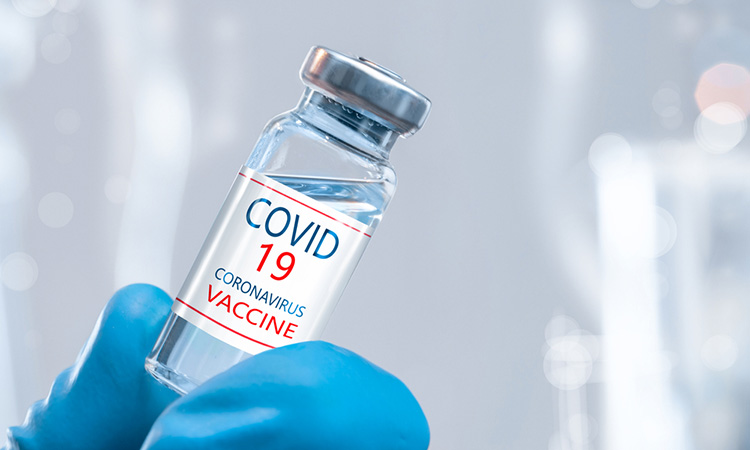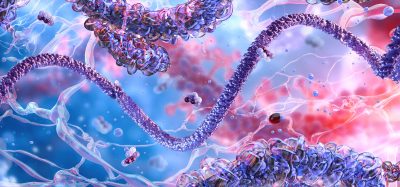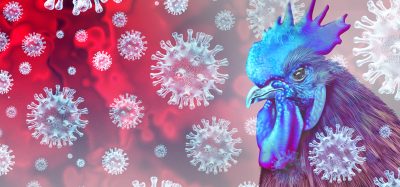Two COVID-19 vaccines show safety and strong immunity in infant model
Posted: 16 June 2021 | Victoria Rees (Drug Target Review) | No comments yet
Two groups of infant rhesus macaques received one of two potential COVID-19 vaccines, which were shown to elicit high levels of neutralising antibodies.


A group of scientists have reported that the Moderna mRNA vaccine and a protein-based vaccine candidate elicited durable neutralising antibody responses to SARS-CoV-2 in pre-clinical research in infant models. The study on COVID-19 was conducted by researchers at the University of North Carolina (UNC) at Chapel Hill, Weill Cornell Medicine and NewYork-Presbyterian, all US.
“Safe and effective vaccines for young children will help limit the spread of COVID-19 because we know children can transmit the virus to others, whether they get sick from SARS-CoV-2 infection or remain asymptomatic,” said Dr Sallie Permar, chair of the Department of Pediatrics at Weill Cornell Medicine and co-senior author of the paper. “Moreover, many children have become sick and even died from the infection, with many more negatively impacted by the measures put in place to curb the spread. Thus, young children deserve protection from COVID-19.”
To evaluate SARS-CoV-2 infant vaccination, the researchers immunised two groups of eight infant rhesus macaques at 2.2 months of age and four weeks later. Each animal received one of two vaccine types: a pre-clinical version of the Moderna mRNA vaccine or a protein-based vaccine developed by the Vaccine Research Center of the US National Institute of Allergy and Infectious Diseases (NIAID), part of the National Institutes of Health (NIH), with an adjuvant from 3M that stimulates cells through toll-like receptor 7 and 8.
“The level of potent antibodies we observed were comparable to what has been seen in adult macaques, even though the doses were 30 micrograms instead of the 100 microgram adult doses,” said Dr Kristina De Paris, professor of microbiology and immunology at the UNC School of Medicine and co-senior author of the paper. “With the Moderna vaccine, we observed specific strong T-cell responses, as well, which we know are important to limiting disease severity.”
Both vaccines elicited high magnitude of immunoglobulin (IgG) neutralising antibodies against SARS-CoV-2 and Spike (S) protein-specific T-cell responses – IL-17, IFN-g and TNF. These are called T helper 1 immune responses.
The vaccines did not elicit T helper type 2 responses, which can be detrimental to vaccine efficacy and safety in infants. Such responses can counter the immune response against the virus.
“We were sure to check for evidence of T helper 2 responses, such as IL4, in the blood plasma of all macaques to be sure neither vaccine produced such a response,” De Paris said. “We need to keep studying this, but so far we have seen no evidence of this.”
The team found that the strong neutralising antibody responses elicited by the vaccines in the baby rhesus macaques persisted for 22 weeks.
They are now conducting challenge studies this year to better understand the potential long-lasting protection of the vaccines.
The study was published in Science Immunology.
Related topics
Antibodies, Immunology, Protein, Proteomics, Vaccine
Related conditions
Covid-19
Related organisations
NewYork-Presbyterian, University of North Carolina at Chapel Hill, US National Institute of Allergy and Infectious Diseases (NIAID), US National Institutes of Health (NIH), Weill Cornell Medicine
Related people
Dr Kristina De Paris, Dr Sallie Permar








